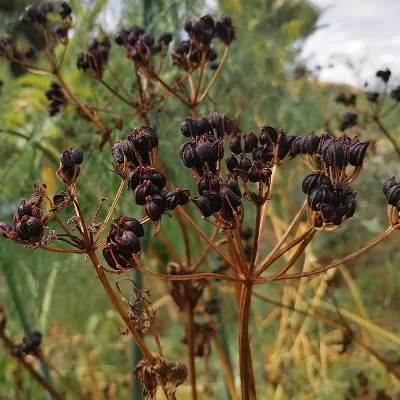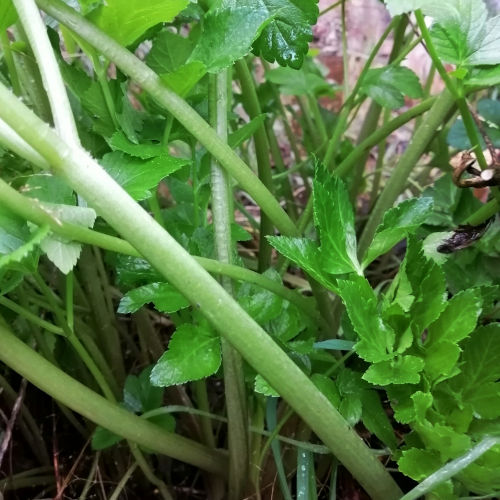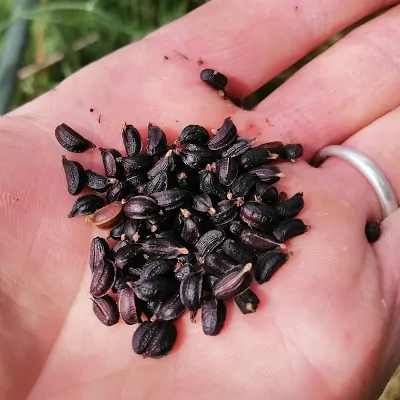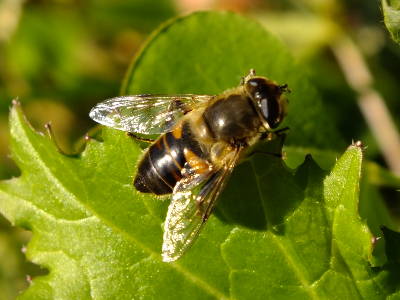Alexanders Seeds

Common name
alisanders, horse parsley, smyrnium
Botanical name
Smyrnium olusatrum
Details
With a taste live celery or parsley, this easy care plant can be eaten raw or cooked. I have grown this plant with good results in areas infested with twitch / cooch grass. The plants self seed and grow again the following season, replacing the grass.
Edible
Price
$1.90
20 seeds



